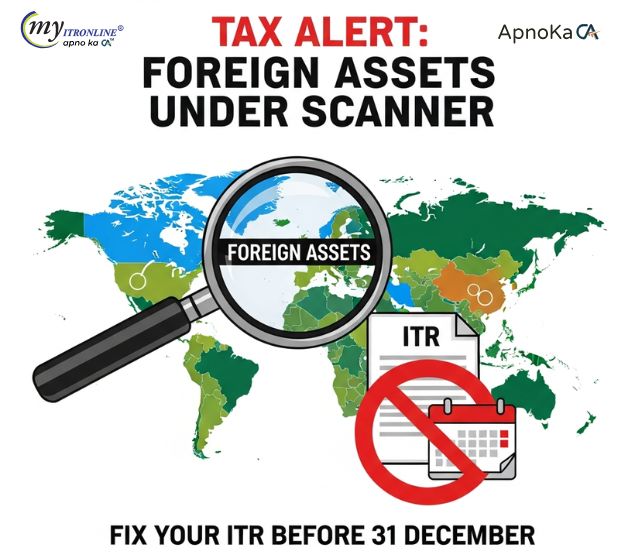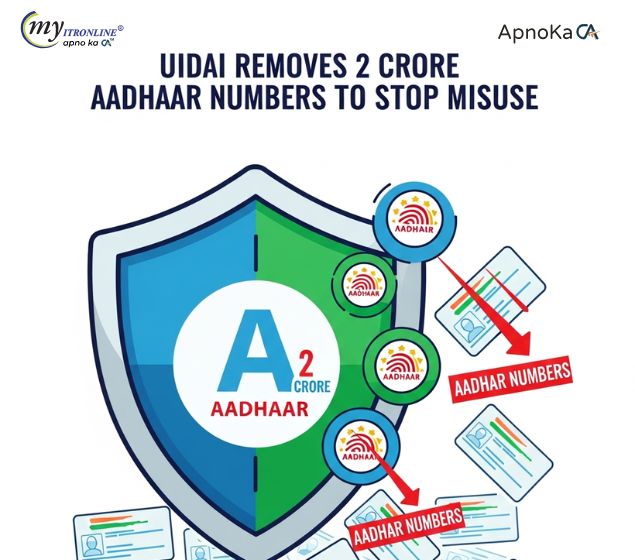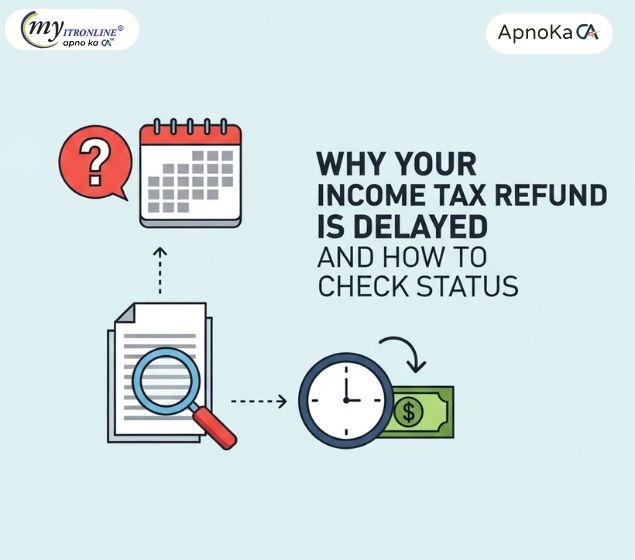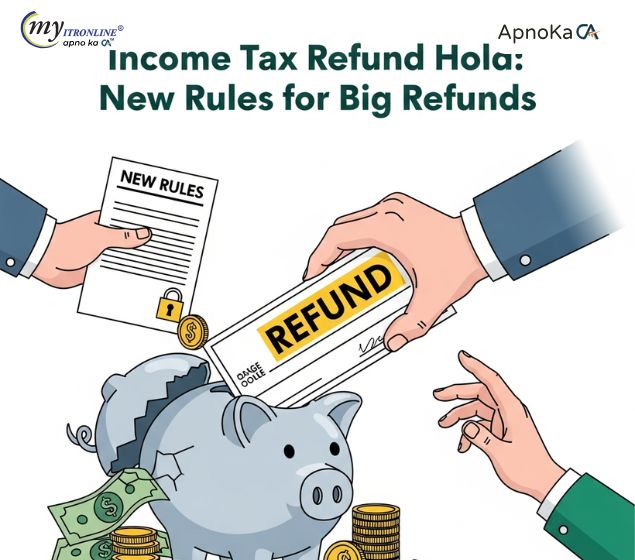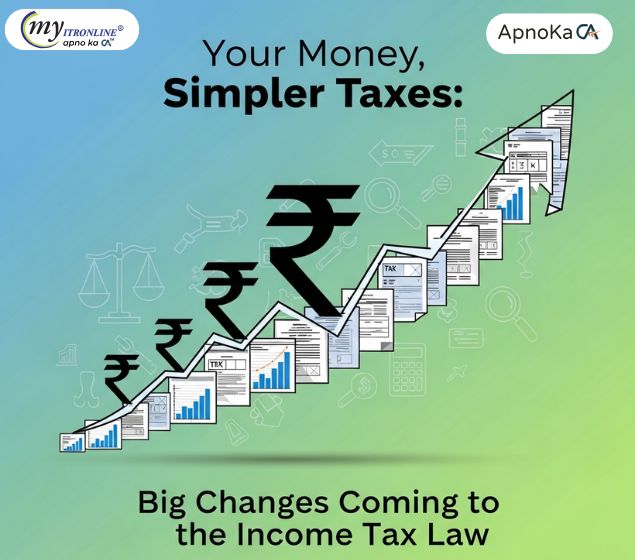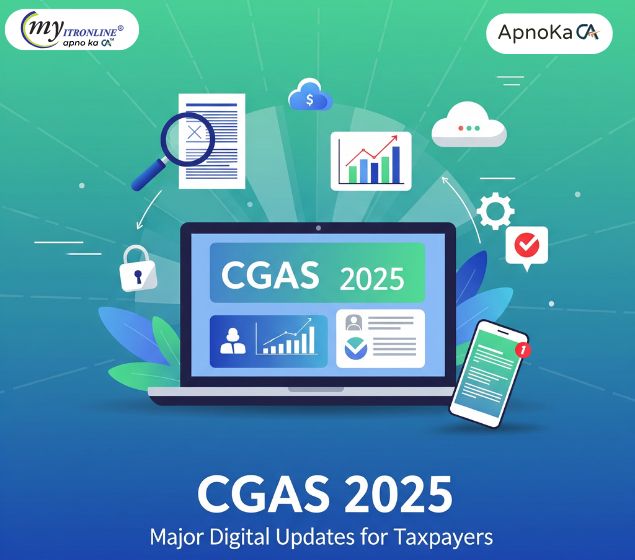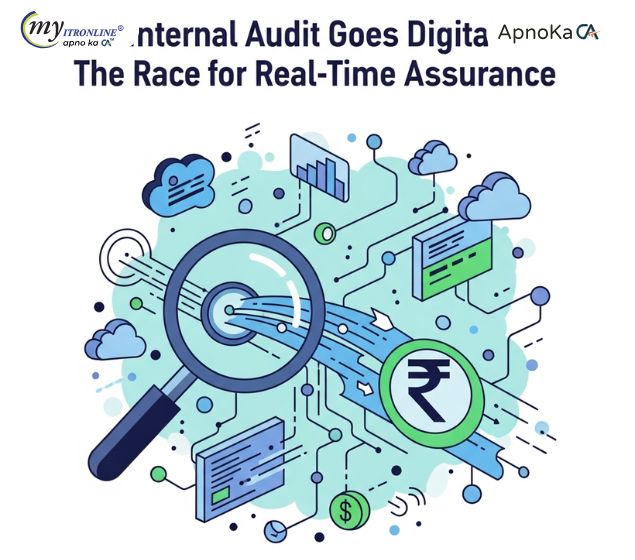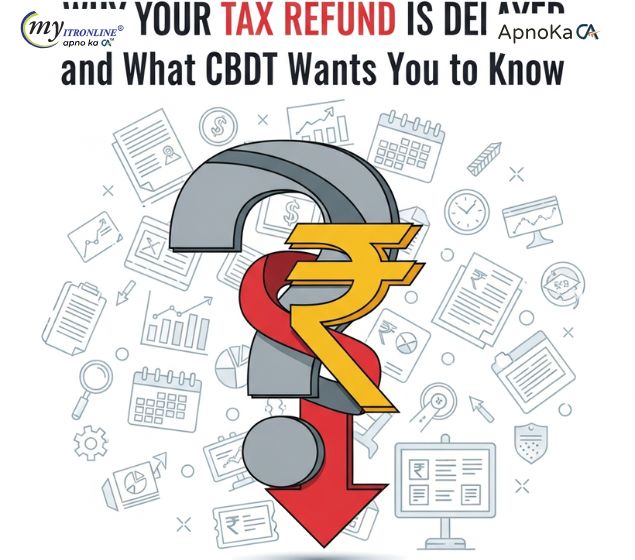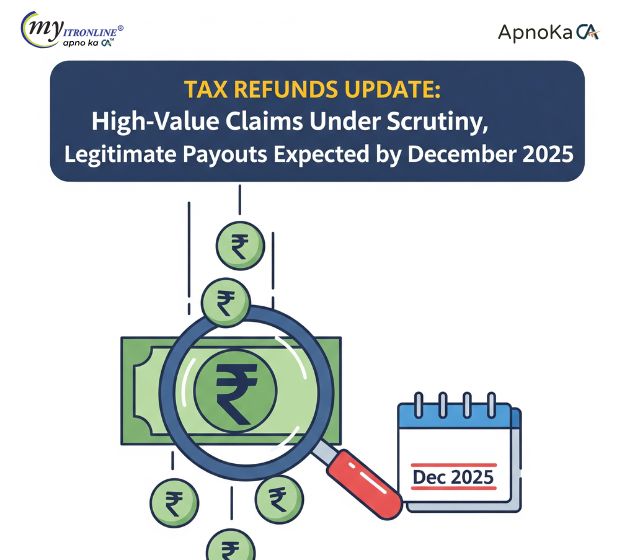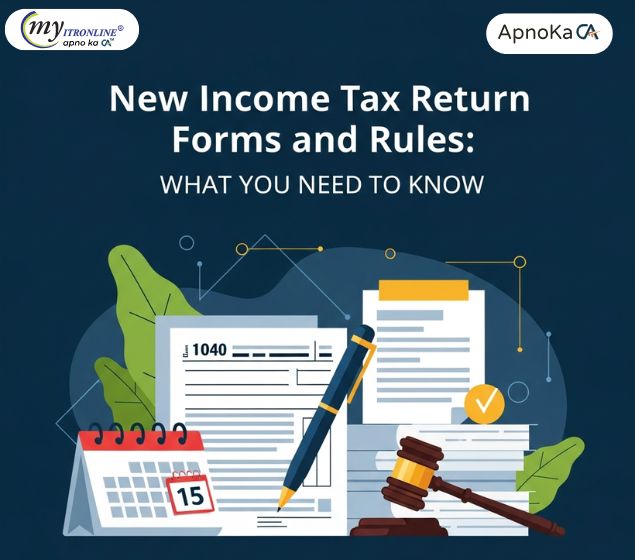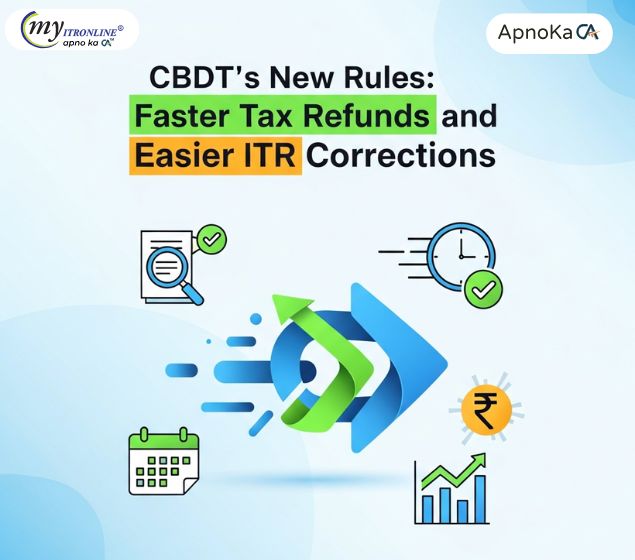Mastering F&O Taxation: Your Comprehensive Guide to Income Tax Compliance
This guide explains the crucial aspects of Futures & Options (F&O) taxation in India. It clarifies that F&O income is categorized as 'Non-Speculative Business Income', detailing how to calculate turnover based on 'absolute profit' plus premiums. The guide outlines various deductible expenses to reduce taxable income and explains when a tax audit is mandatory, especially for losses or specific turnover thresholds. Finally, it covers how to manage F&O losses through set-off and carry-forward, and provides essential information on ITR filing (ITR-3), applicable tax rates, and advance tax payments, ensuring traders stay compliant and manage their finances effectively.
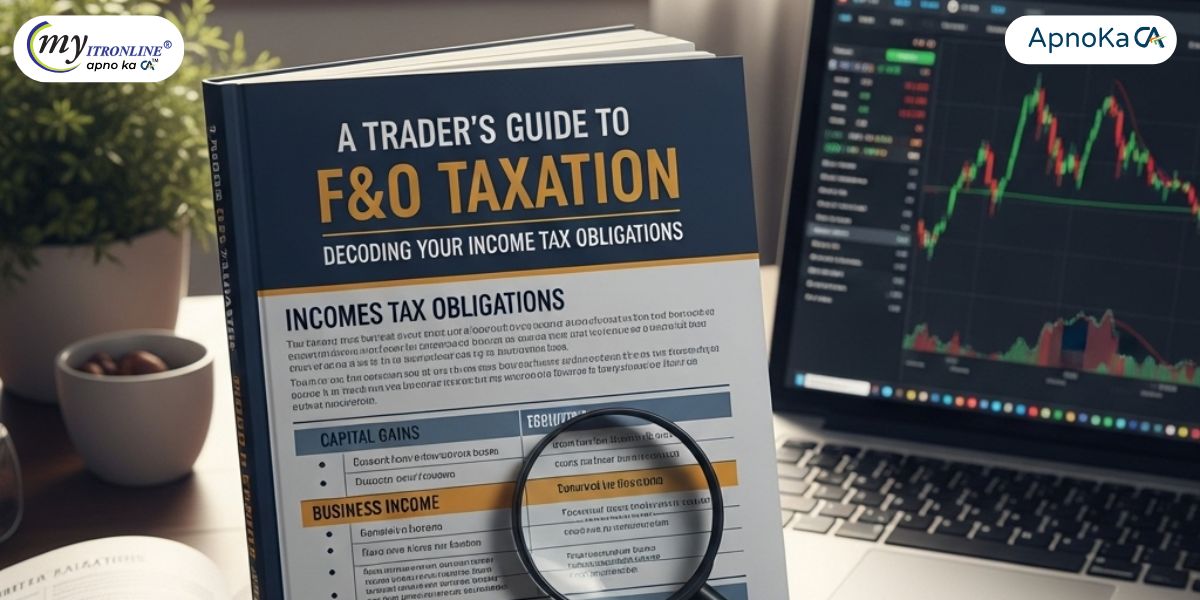
Futures and Options (F&O) trading has gained popularity, providing traders with exciting opportunities in financial markets. However, as profits and losses grow, an important question arises: How are F&O transactions taxed in India?
The tax implications of F&O trading can seem complicated, but they don't have to be. This guide will explain everything you need to know about F&O taxation under the Income Tax Act, 1961. It will help you stay compliant and manage your finances effectively.
1. What Type of Income is F&O Income?
This is the most basic question. Many traders mistakenly think F&O gains are 'Capital Gains'. However, the Income Tax Act views F&O income differently.
For tax purposes, income from F&O trading is categorized as Non-Speculative Business Income.
- Why 'Business Income'? F&O trading involves frequent transactions with the main aim of making profits, which fits the definition of a business.
- Why 'Non-Speculative'? Although F&O may appear speculative, Section 43(5) of the Income Tax Act specifically excludes derivative trading on a recognized stock exchange from the definition of a "speculative transaction."
Classifying it as business income is actually helpful for traders. It allows you to deduct expenses and handle losses more flexibly.
2. The Most Crucial Step: Calculating Your Turnover
Calculating turnover for F&O is not about the total contract value. The Income Tax Department uses a particular method based on "absolute profit."
Turnover = Absolute Profit + Premium on Sale of Options
'Absolute Profit' means the sum of all your profits and losses, treating losses as positive figures.
Let's look at an example:
- Trade 1 (Futures): You buy Nifty Futures and make a profit of ₹50,000.
- Trade 2 (Futures): You short Bank Nifty Futures and incur a loss of ₹30,000.
- Trade 3 (Options): You sell a Call option and collect a premium of ₹20,000. Later, you buy it back, making a net profit of ₹5,000 on this trade.
- Trade 4 (Options): You buy a Put option for a premium of ₹10,000 which expires worthless (loss of ₹10,000).
Calculation:
- Absolute Profit from Trades: |₹50,000 (Profit)| + | -₹30,000 (Loss)| + |₹5,000 (Profit)| + |-₹10,000 (Loss)| = ₹95,000
- Premium on Sale of Options (Trade 3): ₹20,000
- Total F&O Turnover: ₹95,000 + ₹20,000 = ₹1,15,000
Correctly calculating turnover is crucial because it determines if a tax audit is needed.
3. Deductible Expenses: Lowering Your Taxable Income
Since F&O income is seen as business income, you can deduct all expenses incurred "wholly and exclusively" for this business. This is a major advantage!
Common deductible expenses include:
- Brokerage Charges and Commissions
- Securities Transaction Tax (STT), Exchange Transaction Charges, and other fees
- Internet and Phone Bills (pro-rated if used for personal matters)
- Depreciation on your computer, laptop, or other devices used for trading
- Salary paid to anyone helping you with your trading business
- Fees for advisory services or trading software
- Cost of books, magazines, or subscriptions related to financial markets
Your net profit is calculated as: Net Taxable Profit = (Realised Profit - Realised Loss) - Allowable Expenses
4. Tax Audit: Do You Need a Chartered Accountant?
A tax audit is a review of your accounts by a practicing Chartered Accountant. For an F&O trader, a tax audit under Section 44AB becomes necessary in two main cases:
- High Turnover: If your business turnover exceeds ₹10 crore in a financial year. This limit applies since over 95% of F&O transactions are digital.
- Presumptive Taxation Rule (The Tricky One): This applies if your turnover is up to ₹2 crore.
- A tax audit is needed if you declare a profit of less than 6% of your turnover AND your total taxable income is above the basic exemption limit (e.g., ₹2.5 Lakhs).
- A tax audit is mandatory if you have an F&O loss and you want to carry it forward to future years.
Key Takeaway: If you have an F&O loss for the year, you must have your accounts audited to benefit from carrying it forward.
5. Managing F&O Losses: A Silver Lining
Losses are part of trading. The tax laws provide a way to offset and carry forward these losses.
- Set-off: In the same financial year, your non-speculative (F&O) loss can be set off against any other income you have, except for salary income. You can offset it against rental income, interest income, or capital gains.
- Carry Forward: If the loss isn't fully used in the same year, you can carry it forward for up to 8 assessment years. However, in subsequent years, this loss can only be set off against non-speculative business income.
Crucial Reminder: To carry forward any losses, you must file your Income Tax Return by the due date.
6. Filing Your Return: The Final Step
- Which ITR Form? Since F&O income is treated as business income, you must file ITR-3.
- Applicable Tax Rate: The net profit from F&O is added to your other income (like salary, rent, etc.), and you are taxed at the applicable income tax slab rates for that financial year. There is no special flat tax rate for F&O profits.
- Advance Tax: If your total tax liability for the year is expected to be ₹10,000 or more, you must pay advance tax in quarterly installments to avoid interest penalties.
- Due Dates (as of 2025):
- July 31st: For individuals not needing a tax audit.
- October 31st: For individuals who are required to get a tax audit.
Conclusion
Understanding F&O taxation is essential for being a successful trader. By grasping these key principles—treating it as business income, calculating turnover correctly, claiming all eligible expenses, and following audit and filing rules—you can ensure you are compliant and optimize your tax liability.
FILING YOUR INCOME TAX RETURN F.Y 2024-25 (A.Y. 2025-2026) WITH MYITRONLINE
The income tax filing deadline is right around the corner. If you haven’t filed yet, do it today with Myitronline! Avoid last minute rush and file your tax return today on MYITRONLINE in Just 5 mins.(www.myitronline.com)
If you are looking for eCA assistance to file your income tax return/ GST, you can opt for MYITRONLINE eCA assisted plan starting
Upload Salary Individual Form-16
If you have any questions with filing your tax return, please reply to this mail. info@myitronline.com OR call 9971055886,8130309886.
Note-All the aforementioned information in the article is taken from authentic resources and has been published after moderation. Any change in the information other than fact must be believed as a human error. For queries mail us at marketing@myitronline.com
Krishna Gopal Varshney
An editor at apnokacaKrishna Gopal Varshney, Founder & CEO of Myitronline Global Services Private Limited at Delhi. A dedicated and tireless Expert Service Provider for the clients seeking tax filing assistance and all other essential requirements associated with Business/Professional establishment. Connect to us and let us give the Best Support to make you a Success. Visit our website for latest Business News and IT Updates.
Leave a reply
Your email address will not be published. Required fields are marked *Share this article
Krishna Gopal Varshney, Founder & CEO of Myitronline Global Services Private Limited at Delhi. A dedicated and tireless Expert Service Provider for the clients seeking tax filing assistance and all other essential requirements associated with Business/Professional establishment. Connect to us and let us give the Best Support to make you a Success. Visit our website for latest Business News and IT Updates.
View articles








